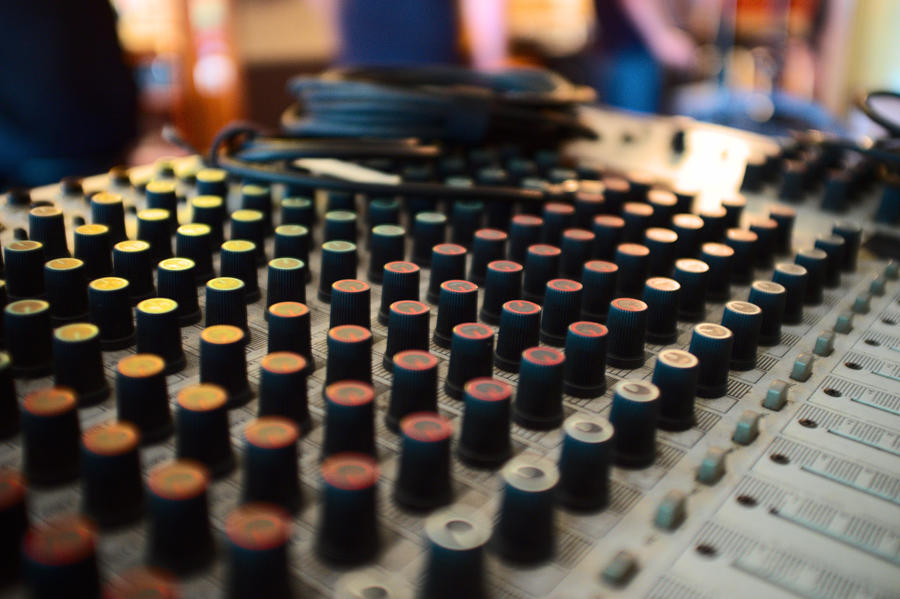Data is a very interesting material. Do you remember of those times when you saved all your data to optical disks? I remember the first CD I had was Carmageddon, the first one. Only a few had a CD burner drive that time, so I took the CD of my friend to a local IT shop, payed them 10 USD and waited for 3 days.
That time it was kinda popular to buy stickers to the disk for protection. Seriously. Preventing it from scratches. I remember, when we had our first hard drive have saved we were warned to wait at least half an hour before we put the HD back to its place to catch up with the in-room temperature.
And it's not all. Who remembers NDD? Norton Disk Doctor, indeed :)
Usually when it comes to global design patterns I think of evolution. How would evolution solve data persistance? DNA is replicated in quantities you could not imagine. But one huge difference between DNA and digital data is that we really do care about the equality of the preserved data. I don't want my favorite Jimi Hendrix track to listen to 10 years later differently. I want the same. I don't want books to be different either. Well, nothing. Somehow we tend to insist having digital values the same. We don't care about food. We don't care about chairs or shoes to remain the same shape.
I'm wondering if constant evolution would help in digital data storage. Our state of the art cloud services are offering ridiculously cheap backups. I think it's obvious at this very moment that cloud storage our best option for saving data. Easy access, relatively fast update cycle and quick recovery. My dear music collection of hundreds of CDs worth nothing. I can download them much faster than I can listen to them. In fact sound is an interesting part here. When you look for an audio file you often find different compression of the same material. It's fine to have 16k podcast on my phone or 320x200 px^2 video on my phone.
But that's still the "same". Possibly I could find Foxy Lady (from Jimi Hendrix) in mpeg compression at least on 100 servers and 1M private computers online. My bet is to find the cover of the same track 10 times less. To have an amateur version 100 times less. Because nobody cares. Think of it as its survival tactics. The ugly duck will be shot. Genes using the very same tactics. Aim for survival. However practically they have to refresh their base to adopt to their environment. So I guess it's the same thing at the end.
Thinking this over and over I came to the conclusion that the superorganism want us to be small. You already scratching the surface by having an account at Google. It owns your mails, your pictures, your search history and much more. Unfortunately these egoistic systems are really popular. And they don't seem to cooperate with each other. The share-nothing policy is horrible if you ask me. However you can find examples from the other sides. Nowadays you can use Microsoft documents with open source office application. You have standard file formats and number of clients built on them. It's not just files though, like Freemind xml or a simple text document. Web is a standard format with hundreds of clients. And it's growing like hell. Instagram had a very interesting business model not monetizing their service completely but providing an open API. Call me a weirdo but the concept of open API is fucking amazing. It's what chemical components for cells. Imagine having different physics systems next to each other.
My vision is that soon we manage to connect many data services with the cloud and interoperability will much more flexible and open. Totalitarian systems will have their presence until open cloud solutions will be so cheap that the large system cannot provide the extra value that would make its use worthy.
---
What do you think of data and future?
Peter

No comments:
Post a Comment
Note: only a member of this blog may post a comment.